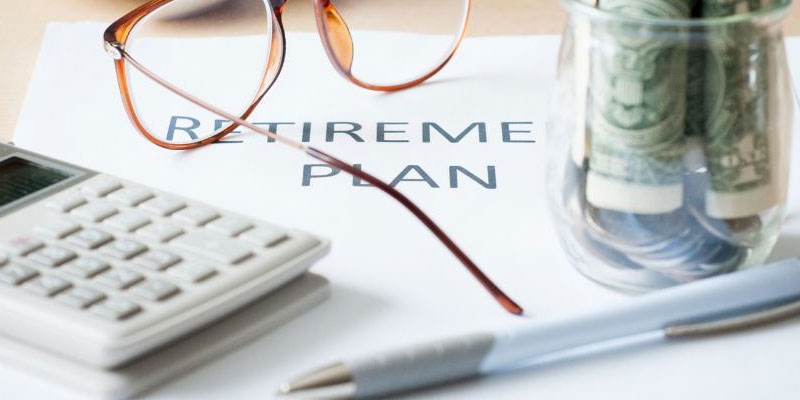There is no advantage to delaying pension receipt until after age 70. When you become 70, you can no longer receive more than that much each month.
Requesting Payments For The Past
The CPP retirement pension can be received retroactively for up to 11 months if you apply after turning 65. The amount you will receive each month will depend on the commencement date you select for your benefit. There are no retroactive payments for a CPP retirement pension obtained before the age of 65.
Should you hold out on beginning the CPP collection?
Your age impacts your pension amount: Payments will reduce if you begin before age 65 by 0.6% per month (or 7.2% annually), with a maximum reduction of 36% if you begin at age 60. Payments will rise if you begin after age 65 by 0.7% every month (or 8.4% annually), with a maximum increase of 42% if you begin at age 70. (or after).
Take into account your unique circumstances.
When choosing the appropriate time to begin receiving your CPP retirement income, there are numerous aspects to consider. These consist of your financial condition, retirement goals, and general health.
For instance, you might decide to delay the start of your CPP retirement pension if you're in good health, anticipate living a long life, or have access to other income sources. As a result, your monthly pension will be higher, preventing you from outliving your funds.
You can choose to begin getting your pension before age 65 if you'd prefer to work less or if you need the money now to pay off debts or fund your retirement plans. As a result, your monthly payment will be lower, which can help you cover immediate expenses, especially if you don't make much money from other sources.
Each Pension Is Unique
A unique formula for each pension determines the amount you could receive at each age. It might be appropriate to start one pension at age 60 and one at age 65 if you have numerous pensions.
In your final analysis, remember to account for taxes as well. When considering your entire retirement time horizon, delaying the start of your pension and taking IRA or 401(k) withdrawals during the interim years may occasionally result in a better tax outcome.
Your instinct regarding when to start receiving pension benefits may be incorrect. Analyzing this matter carefully can be beneficial. Before carefully examining the figures projected throughout the full number of anticipated retirement years, never start receiving pension benefits.
Borrowing From Your Pension
In most cases, you can begin drawing an income or lump sums (or both) at 55 if you have a defined contribution pension.
However, remember that the longer it may need to endure, the earlier you start pulling money out of your pension. To prevent running out of money as you age, it is crucial to consider how you manage your finances carefully.
At age 55, you might be able to begin earning money from it. However, it's likely to be decreased because you're receiving the income before the program's usual retirement age.
Additionally, you might earn more money if you start withdrawing from it later. This is due to the possibility that it may only pay off for a brief period.
Is it possible to retire before age 55?

Typically, you cannot withdraw funds from your pension before age 55. However, there are some uncommon circumstances in which you can, such as if your health is poor.
Some pensions have protected pension ages lower than 55 (usually those you would have enrolled in before 6 April 2006). Ask your plan administrator as soon as you think this might apply to you, or get in touch with us to discuss it with a staff member.
When should I begin my pension savings?
Although you can begin saving for a pension at any age, it is best to do so as soon as possible. Because you have more years to contribute and take advantage of compound growth, the earlier you start, the greater your chance of amassing a sizeable retirement fund. But that doesn't mean you can't start saving later; it just means you might need to put aside a little bit more money each month to accumulate a sufficient amount, and you might also need to think about using other assets. Independent financial counsel is now even more crucial to ensure you have the best opportunity of achieving your objectives.

Investing in International Stocks

Invest in the Russell 3000

Indiana Housing and Community Development Authority Lenders

FHA Requirements for Down Payments

All You Need To Know About Unlock Home Equity Agreement

Ways to Calculate a Company's Equity

All About a Trade Date

Guide On How To Find and Invest in Low-Volatility Stocks

How to Calculate Interest on a Loan

The 4 strange phenomena of insurance

Best Cities to Buy Real Estate or Rental Property

